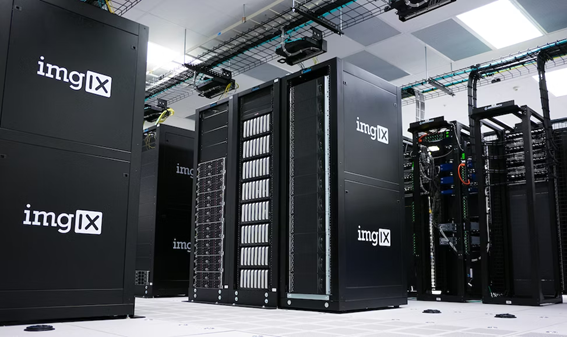
Today’s businesses handle more data than ever before. It’s essential for everything, from building great products to improving customer service.
Mostly, firms outsource data center needs to third parties. It’s often cheaper and more convenient.
However, there are circumstances in which it makes sense to bring operations in-house.
The purpose of this post is to help you figure out whether you should build your own data center or leave it to the professionals. Here’s everything you need to consider.
The Ups And Downs Of Building Your Own Data Center
Building a dedicated facility that houses your servers, storage devices, network equipment, and other hardware and software that support your data needs is an in-house option. This approach gives you more control over your data and reduces your dependence on outsourcing companies. As such, you can arrange your resources according to your needs and get something that fits your operations more succinctly.
However, going down that route also involves more cost and risk. Server room, HVAC, and raised flooring system installation all cost money. Plus, it takes time to train staff to install and manage data centers themselves, which is one of the big reasons why so few firms go down the in-house route.
How To Decide Whether An In-House Data Center Makes Sense For You
If you’re considering building an in-house data center, you should consider several factors to ensure it’s the right choice for your business.
The first is your data volume and growth. Take a look at how much data you consume already, and how much you expect it to grow in the future as your business takes off. The faster it grows, the more scalability you’ll require, and the better it will be to go to a third-party provider.
By contrast, if your data needs are fairly constant, it may be better to build your own data center. While the initial costs might be high, you won’t need to go to additional expenses to expand the room periodically. Your data requirements will remain roughly the same, regardless of enterprise size.
Another consideration is data performance and availability. How quickly do you need to access information as part of your operations? And does it matter if there’s downtime or latency?
If you need reliable uptime and quick access to data center information along hard cables, then a local facility makes more sense. It’s easier to get to 100 percent uptime when it’s close by and you can service it quickly. You can also simply wire your end-user terminals to it physically, reducing lag and cutting down on data transfer rate bottlenecks.
Lastly, you’ll want to consider your compliance and security needs. How sensitive is your data?
If your data security and compliance are stringent and complex, building a data center may offer you more control and accountability than outsourcing your data management. You will feel more confident about your arrangements, and that might help you if you’re a company that goes through external audits. Consider this in your planning and budgeting stage.
1299 Views














